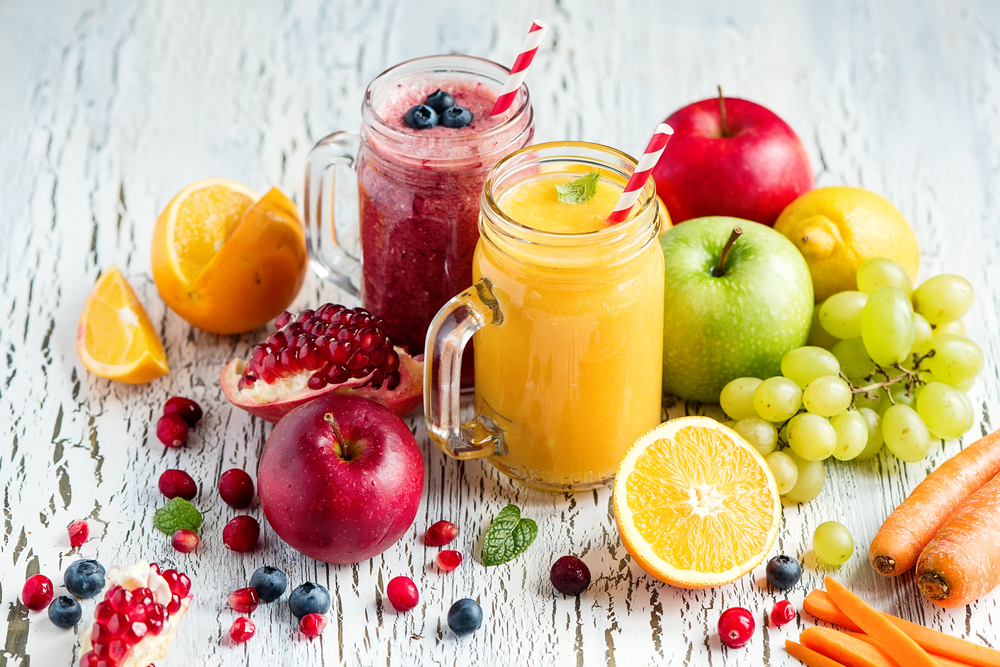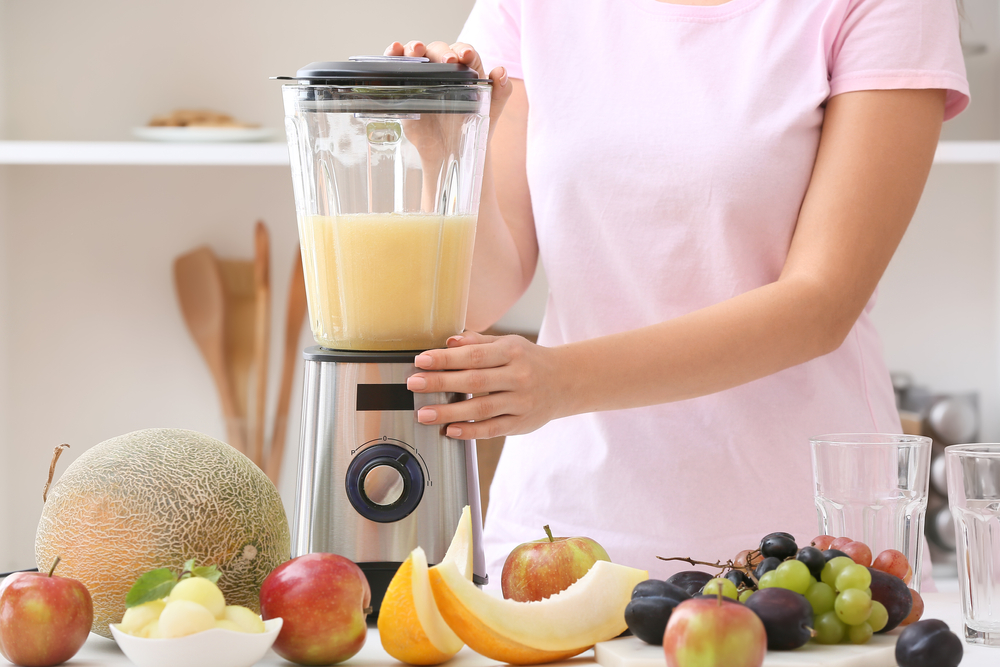With the busy schedules we have, it’s a challenge to keep track of daily habits including eating clean, living a healthy lifestyle and working out regularly, to name a few. In actual fact, many of us tend to rely on take-outs daily.
Over and above that, let’s be honest with ourselves, there are a handful of people who aren’t fans of fruits, vegetables or sometimes even both. Fortunately, there’s a better alternative on how you can keep these two important foods in your diet without the need to cringe while eating or throw up after eating them.
It’s juicing! It’s an easier way to get your daily doses of fruits and vegetables along with all its health benefits. Plus, sometimes, they’re often taken with the intention of replacing a meal.
Whether it’s freshly squeezed or bottled juices, lately they’re becoming more available. With juice bars popping up around us, many people are stocking their refrigerator with juices in the aim of improving their health. However, here’s where the concern lies, is juicing really good for you?
Well, one way to find out is by continuing reading as we reveal the truth about juicing.

Are fresh squeezed and bottled juice the same?
First and foremost, when it comes to buying bottled juice, let it be freshly squeezed or pasturised, the main concern should be “are the nutritional values the same?”. In most cases, they aren’t.
Freshly squeezed juice contains more vitamins, minerals, antioxidants and other nutritional compounds. On the other hand, bottled juices you find in the grocery stores often have added sugar and flavourings to make it taste better.
The health claims
When it comes to juicing, there are many pros and cons you should take into consideration instead of impulsively doing it just because someone said it’s good. To help you understand juicing better, below are some of things you should think about:
PROS
- Better diet quality Increase of energy
- Get your daily dose of fruits and vegetables
- Great for people who dislike fruits, vegetables or both
CONS
- Miss out on fibre
- Not all juices have the same nutritional values
- Wastage as many tend to throw the pulps away after juicing
- Overload of sugar (even homemade juices have a high amount of sugar, especially when you use mostly sweet fruits such as pineapple, apple or watermelon to make them.)
While it is fine to rely on juices to cleanse your body, it isn’t a great idea to go on juice cleanses for a long period of time as your body may lack other necessary nutrients it needs such as protein and fats.

Does juicing cleanse your body?
In connection with cleansing, relying on juices to cleanse your body isn’t really necessary as your body is equipped with organs to get rid of unwanted toxins — that’s what your liver and kidneys are for. The best way to get your liver and kidney to function well is by drinking plenty of water and eating healthy foods.
While it is fine to rely on juices to cleanse your body, it isn’t a great idea to go on juice cleanses for a long period of time as your body may lack other necessary nutrients it needs such as protein and fats.
You can do it yourself!
Buying freshly squeezed juices can make a hole in your pocket, especially when you’re buying for the entire family. So, why not just do it yourself?
All you need is a good juicer and a good amount of various fruits and vegetables and you’re good to go. If you’re new to juicing and would like to give it a try by yourself, below are a few mixtures of fruits and vegetables you can try out:
- Kale, lemon, cucumber and green apple

- Pear, orange, green apple and lemon

- Green apple, celery, tomato and ginger

- Beetroot, carrot and green apple

- Cucumber, apple, spinach, lemon, ginger and celery

- Pineapple, celery, cucumber, parsley, ginger and lemon

There are endless juice combinations you can try. All you’ve got to do is buy fruits and vegetables of your preferences and juice it!
If you’re unsure if juicing is the right option for you, then visiting a dietitian would be the ideal way to clear your doubts in regards to juicing.
Juicing tips
Do not throw the pulp away after juicing, instead use them to make pancakes, cakes or even cookies. The pulps from fruits and vegetables are a good source of fibre.
Sources: Food Network, Good Nature











